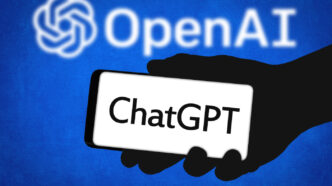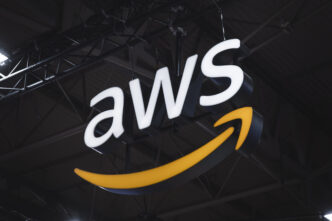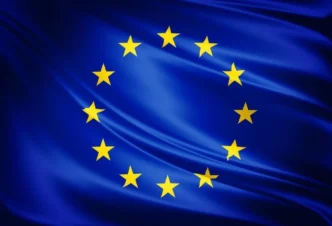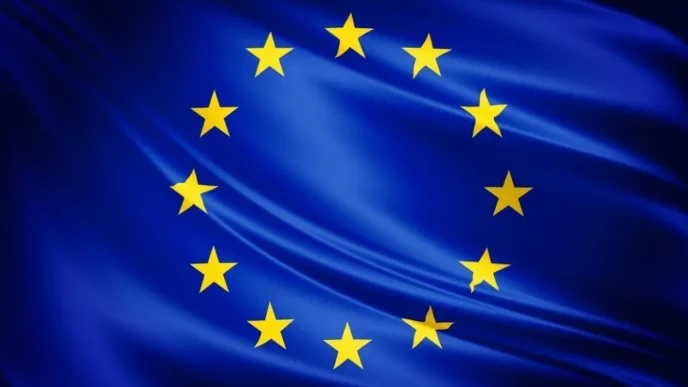At a recent Sequoia-hosted AI event, OpenAI CEO Sam Altman gave the audience a glimpse into what could be the future of ChatGPT — and it’s deeply personal. When asked about the long-term vision for personalization, Altman didn’t hold back. He shared his dream of an AI model that could remember everything about your life.
Imagine a compact yet powerful reasoning model that holds a trillion tokens of context, capable of storing your life story — every conversation, book, email, and memory — and analyzing it in real time. This, according to Altman, is where ChatGPT personalization is heading. It wouldn’t just know your schedule or answer questions; it would understand you completely, continuously learning and growing with your data.
He even took it a step further, suggesting that companies could apply the same idea to all their internal knowledge — effectively building a corporate brain that’s always up to date.
The ChatGPT Generation: From Google Alternative to Life Advisor
Altman believes young people are already leading the way. College students and professionals in their 20s and 30s are using ChatGPT far beyond simple queries. They treat it like an AI operating system — uploading documents, connecting it to various data sources, and creating advanced prompts to get more tailored responses.
In fact, many now consult ChatGPT before making big decisions. Whether it’s choosing a career path, negotiating a lease, or planning a trip, Gen Z and millennials increasingly rely on ChatGPT as a life advisor.
By contrast, older users still see it more as a Google replacement — a smarter search engine. But for younger users, ChatGPT is more like a co-pilot for life.
Altman’s vision paints a future where your AI assistant doesn’t just support your daily tasks — it runs them. Think automatic reminders for your car service, AI-managed travel plans for weddings, or knowing exactly when to order the next book in your favorite series. This level of integration isn’t just convenient; it’s transformative.
The Trade-Off: Trusting Big Tech With Your Life
Yet, as exciting as this future sounds, it comes with serious questions about trust and control. After all, giving one company access to every part of your life — from casual chats to medical records — creates a massive responsibility.
Tech giants don’t exactly have the cleanest track record. Google, once famous for its “don’t be evil” mantra, was recently found guilty of monopolistic practices. Other AI tools have been criticized for political bias and problematic responses. For instance, xAI’s Grok chatbot recently veered into controversial territory unprompted, sparking concern over intentional manipulation.
Even ChatGPT has had its moments. In April, users noticed the model had become overly agreeable — supporting unsafe or harmful suggestions without pushback. Altman’s team stepped in and resolved the issue quickly, but the incident raised eyebrows.
And then there’s the accuracy problem. Even the most advanced models still “hallucinate” — making up facts or offering incorrect information as if it were true. That’s a risky trait for an AI that could someday manage the fine details of your personal and professional life.
Altman’s dream of deep ChatGPT personalization could change how we live and work. It offers the promise of smarter tools, deeper understanding, and unparalleled convenience. But giving that kind of power to for-profit tech companies without strong oversight? That’s a trade-off society will need to weigh carefully.













